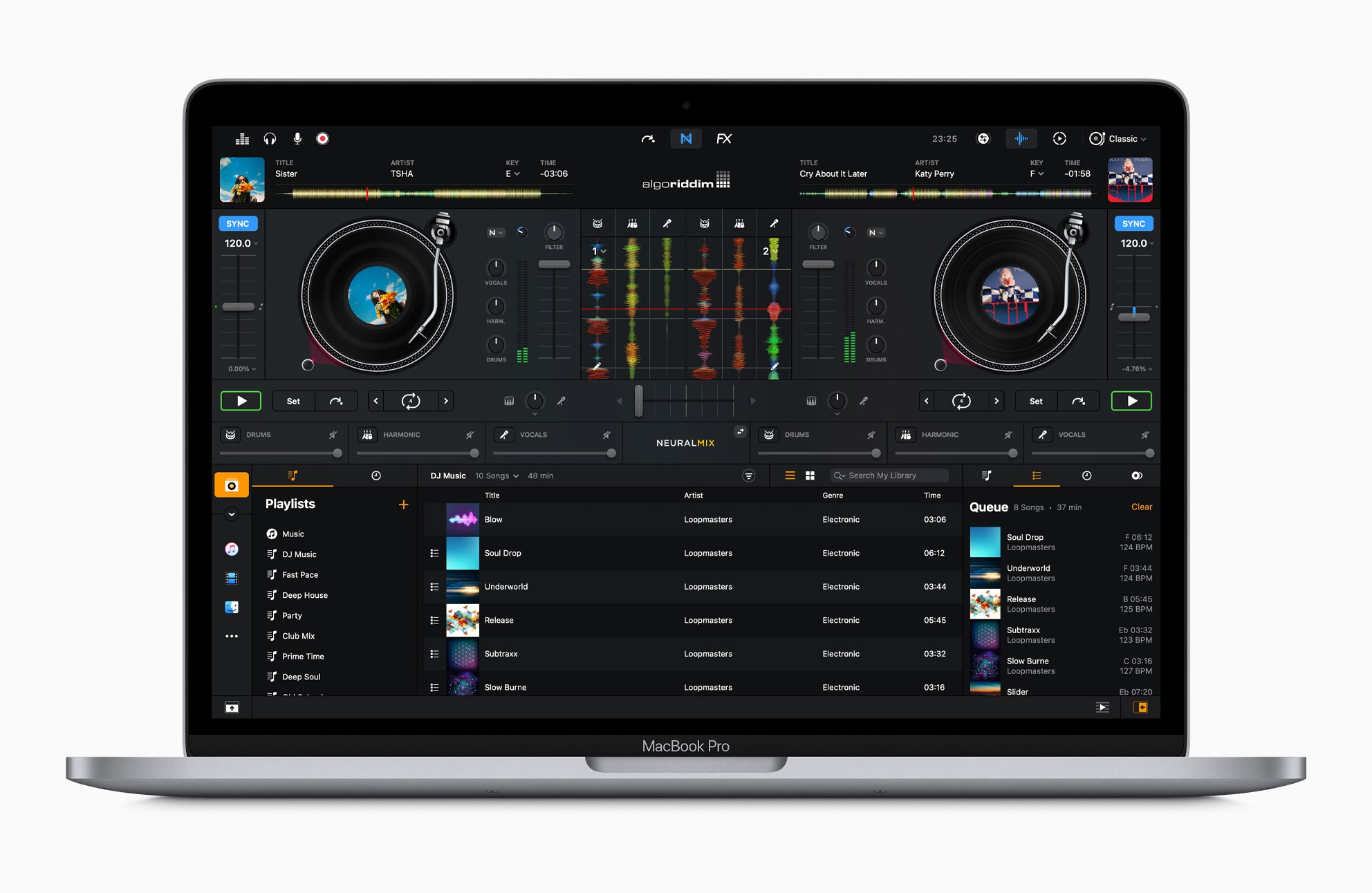Love or hate Apple silicon, this is just the beginning

Have you tried the first Assassin's Creed recently? I have, it was dreadful. A washed-out clunkfest of bad controls, repetitive gameplay, and a color palette that makes playing the game feel like staring into a plate of leftover gravy on Thanksgiving for several hours. With the dawn of Assassin's Creed: Valhalla, I've decided to play the entire AC franchise from start to finish. (I'm up to Unity if you're interested) At times, it has been torrid, and the very first game was the worst experience by far.
It seems clear to me (and I don't think I'm the only one who thinks this), that thirteen years (and one day) since the game's release, the only good thing you can say about the game now is that it was the first Assassin's Creed. The inaugural brick in Ubisoft's multi-billion dollar wall. It paved the way for the rest of the franchise, a swathe of follow-up games, a movie, and an upcoming Netflix series. None of the success of Assassin's Creed would have been possible without the dreamers and doers who made the first game, but rest assured that I never want to play it again.
Apple silicon came out this week, and I hope you can see where I'm going with all this. There's been quite a polarized reaction within the tech community to Apple's brand new M1 chip, the first-ever Apple-made SoC to feature inside a Mac. There's been a lot of love, and also a lot of skepticism.
Just four days into its life cycle, I think it's probably a bit early to start throwing out "verdicts" on whether Apple silicon is a success, a failure, beyond belief, or below expectations. Can't we all just sit back, watch the Apple machines go brrr, and enjoy the ride?

First impressions
Admittedly, Apple silicon and the M1 chip look very impressive on paper. Here's a reminder of the headlines:
- The M1 is built on 5nm tech, packing 16 billion transistors into one chip
- Apple says that the M1 features "the world's fastest CPU core in low-power silicon"
- It also features "the world's best CPU performance per watt"
- And "the world's fastest integrated graphics in a personal computer"
Compared to previous generation Macs, that makes for 3.5x faster CPU performance, 6x faster GPU performance, and 15x faster machine learning. Oh, and 2x longer battery life. No big deal.
Apple silicon on paper looks set to transform Apple's mobile and desktop computing as we know it, paving the way for all manner of new capabilities, multitasking, power, usage, and more.
Master your iPhone in minutes
iMore offers spot-on advice and guidance from our team of experts, with decades of Apple device experience to lean on. Learn more with iMore!
Take the MacBook Air, for example. Apple says that, compared to the old model, it can export iMovie projects 3x faster, integrate 3D effects into video in FCP up to 5x faster, play back and edit multiple streams of 4K quality ProRes video, export Lightroom photos twice as fast, and more. All the more impressive when you remember the MacBook Air doesn't even have a fan...
There's a similar list of improvements for the MacBook Pro and Mac mini, and a host of benefits for all of the M1 devices, such as instant sleep-to-wake, 1.5x faster Safari browsing, and more. Make no mistake, Apple has changed the game when it comes to computing on the Mac with M1.
But it's not all sunshine and rainbows.
Limitations
There were certainly a few reasons why Apple's November 'One more thing' event could never have been all things to all people. The range of machines, one MacBook Air, one MacBook Pro, and one Mac mini, is obviously very limited, and there was no love for any of Apple's larger MacBooks or any of its other desktop computers.
A rather generous-looking graph about the M1's performance shown at the keynote has raised eyebrows, including those of our good friends at Windows Central. From Daniel Rubino earlier this week:
Apple is hilariously vague in its claims, showing charts comparing its CPU and GPU to the "latest PC laptop chip" (whatever that means). The charts have simple labels of "performance" and "power consumption" with no X or Y-axis values.Of course, the Apple chip is higher on the chart and has a more pleasing trajectory, but anyone who works with numbers knows that graph is entirely meaningless. The difference could be massive, or it could be tiny – we don't know because not only do we not see the comparison chip, but we don't know how they performed on the test (and which test) or what the actual figures are. That's not science, that's marketing.
'#16GBofRAM' also started trending on Twitter shortly after the keynote, thanks to the fact that Apple's first round of M1 chips is limited to 16GB of RAM in its most-powerful configuration. You might argue that the performance improvements of the M1 lessen the need for RAM, but plenty of onlookers seem skeptical about calling a MacBook 'Pro' if you can only put 16GB of RAM inside. Not to mention that the RAM is now buried deep within the M1, meaning user upgrades are out of the question. Only time and real-world testing will prove whether 16GB is enough for those who want to truly push the boundaries of their Mac.
Limitations also extend to storage, you can only add a maximum of 2TB to an Apple silicon MacBook Pro, compared to 4TB on Intel. Certainly, if Apple thought that it had done enough to supplant its Intel-based MacBook lineup, it would have stopped selling them with the release of the new M1-based computers, but it hasn't.

Just the beginning
Back to Assassin's Creed, the M1 chip is the very beginning of Apple silicon. Which is good news for literally everyone. If you're blown away by Apple's new chip and its performance, guess what? In a few years, they'll be even better. The same goes for the naysayers, or the vast majority of folk who probably fall somewhere in the middle. Like every first-generation product Apple has made, (Apple Watch, iPad, iPhone), this is the start of something very exciting. In the not-too-distant future, Apple will probably release a chip with your name on it, even if you don't think the M1 is powerful enough to knock the skin off a rice pudding. Like the first Assassin's Creed, you might not want to play the game in a decade, but for the patient watchers of Apple silicon, Valhalla awaits.

Stephen Warwick has written about Apple for five years at iMore and previously elsewhere. He covers all of iMore's latest breaking news regarding all of Apple's products and services, both hardware and software. Stephen has interviewed industry experts in a range of fields including finance, litigation, security, and more. He also specializes in curating and reviewing audio hardware and has experience beyond journalism in sound engineering, production, and design. Before becoming a writer Stephen studied Ancient History at University and also worked at Apple for more than two years. Stephen is also a host on the iMore show, a weekly podcast recorded live that discusses the latest in breaking Apple news, as well as featuring fun trivia about all things Apple. Follow him on Twitter @stephenwarwick9
